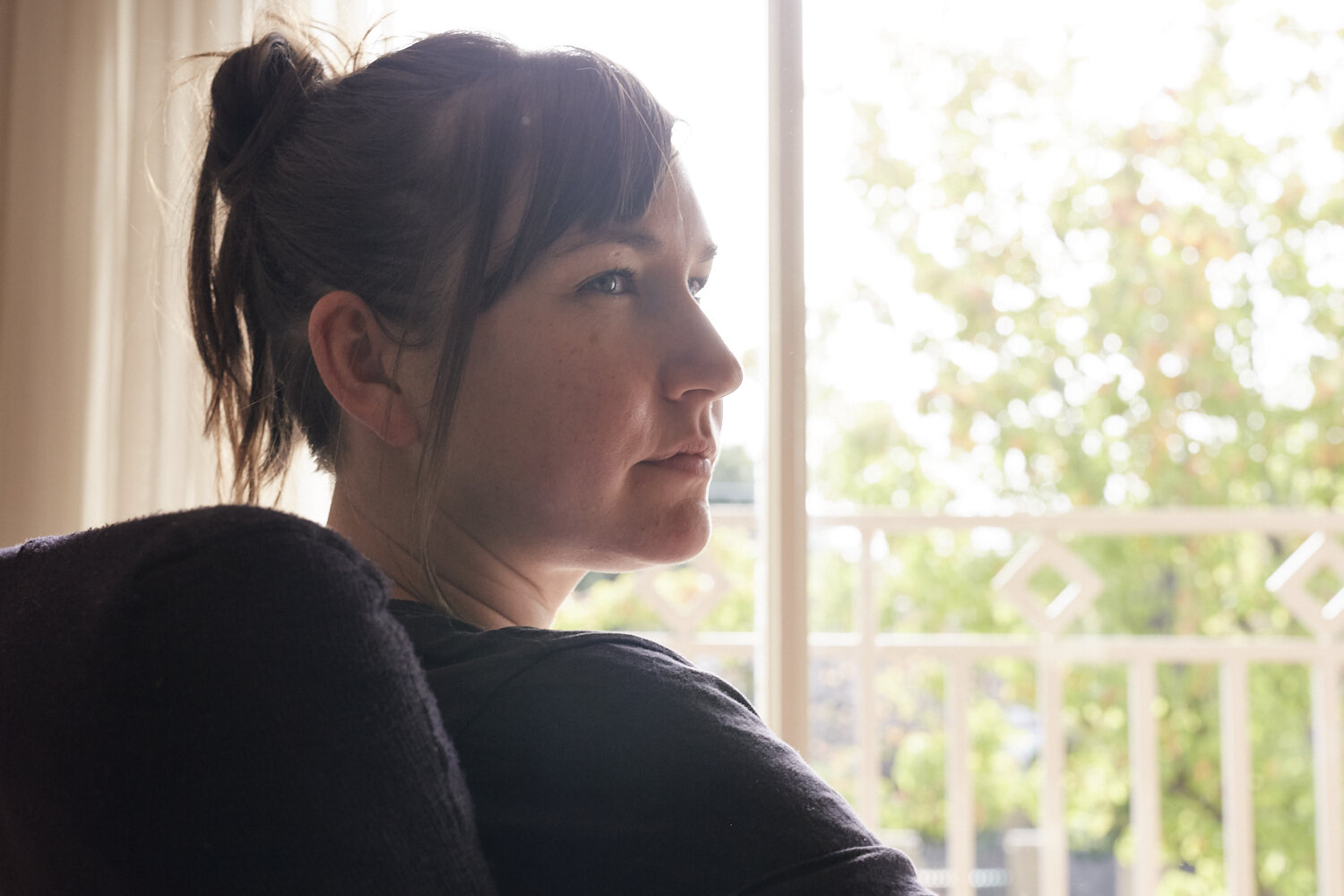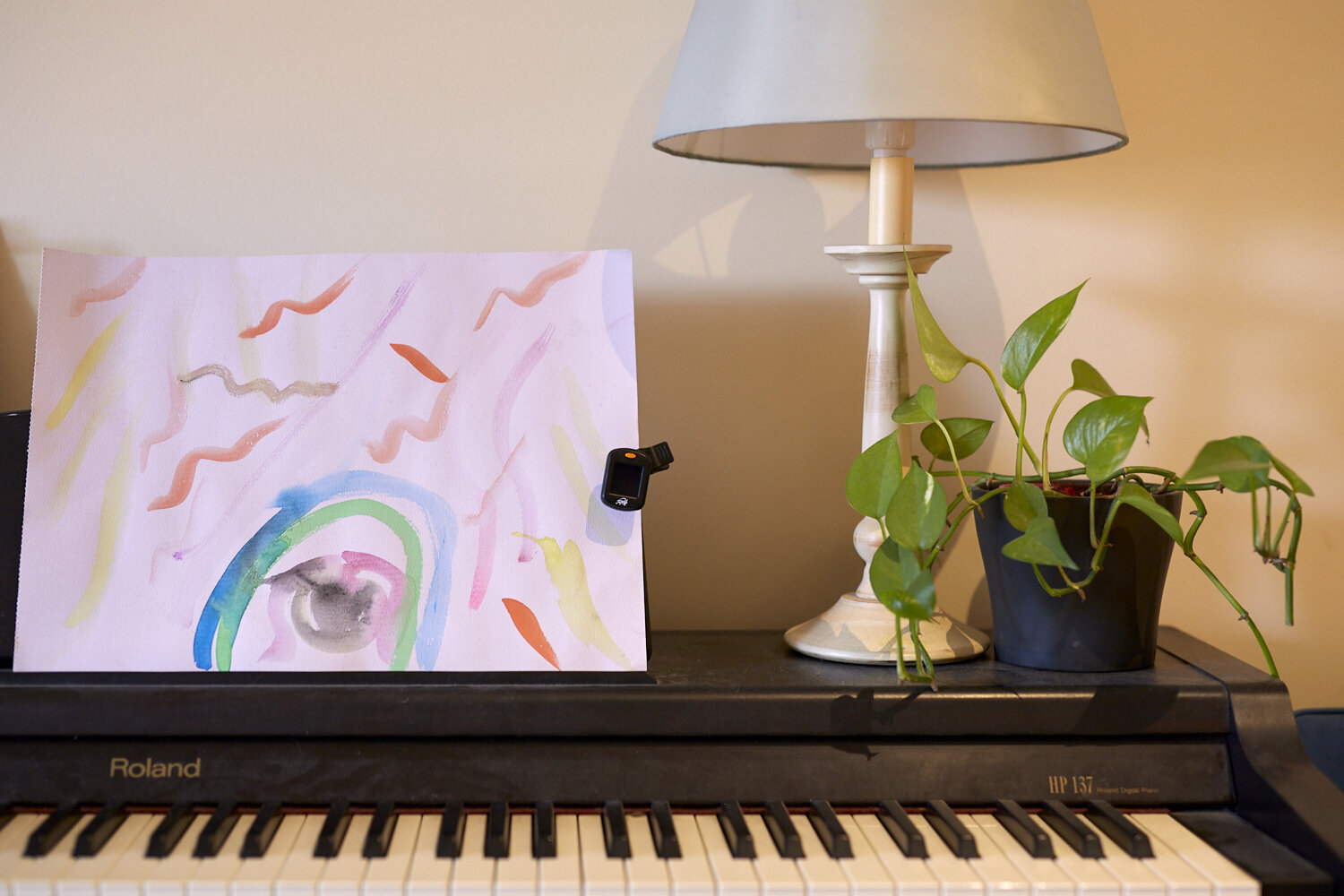Amy Middleton founding publisher of Archer Magazine
Maria O’Dwyer: How did the idea for Archer originate?
Amy Middleton: Back in my pre kid life, I worked as a journalist on a bunch of different magazines in my early career. If I ever got bored of the content of one of them, I'd just choose a new one to aim towards and then go from there. I was working with Australian Geographic for a while, which was great, and then I moved down to Melbourne and got a job at Caravan World. I was getting paid really well with a little bit of savings [but] I eventually got pretty bored with the content and thought about what I'd like to be writing about. At that time it was sexuality and gender, which are still my favourite topics. And so I hunted around for a mag that suited what I wanted to write – I identify as bisexual and a bunch of other terms, but whatever my identity was, didn't really fit in with any of the media that I saw. I guess it's a bit different now, but there was never really that dedicated space for queer people to talk about identity.
It's such a very brave and risky thing to start a mag, particularly a glossy mag. I was wondering why you decided to go down that route as it's so expensive to produce.
Part of it obviously was that I love glossy magazines and, as a writer or a journalist of my age, your dream is to see your name in a glossy magazine. But also I think it's so important for people with diverse identities to see ourselves reflected in media. And I think that there's a place for newsprint, or one-time use magazines or newspapers, which is often what the queer community gets, or historically it was. But I think there's another level when the publication is super glossy, with really high production values and the photography is amazing. So, suddenly if you have a body that's not usually reflected in media, let's say you're living with a disability, or you’re an older person, then you get to see your body reflected in a way that elicits pride. It's much better for your self-esteem.
You won a UN human rights award for an issue of Archer. Could you tell me a little about this?
That was our issue on ageing. On the cover, it's got two older guys being intimate with each other. And then within that, my images editor, Alexis Desaulniers-Lea managed to find these awesome pictures, particularly a series of portraits of older women interacting in the nude. They're so cool. And it was a funny one, because it caused a bit of a stir. At the time people were really – I wouldn't say shocked is the word – but somebody in an interview once asked me, 'Why would you do this?’ Like, why would you put older bodies in glossy format? It seemed to surprise people more than any of the other quite controversial stuff we'd published. And I was like, look, if you're not comfortable with older bodies you're in for a rude shock later in life!
You missed out on Australia Council funding late in 2019 and did a bit of crowd funding in February 2020. With COVID cuts hitting the arts sector, how are you feeling about the period ahead?
We’re always just scraping by, but during 2020 it was really dire. Work-life didn’t change much for us because the whole team works remotely and has other jobs anyway. And honestly, I noticed an increase in productivity cause no one could go out! Archer is always looking for more money to run, but I've been working really hard at making it commercially viable and, up until now, it's sort of been 50/50 split between money from advertising and from arts funding. But during lockdown, I realised how much of our equity was coming in from performance-related organisations, and then on top of that commercial spend was down. So, I've made the decision to turn Archer into a not-for-profit and start a kind of donations program and maybe look at philanthropic support as well. As a small publication, you just sort of pivot and [by] adjusting a little bit and you can avoid collapse.
It's good to have some constancy in times of change.
Yeah. And also I think we recognised that the community needs Archer now more than ever because we rely so much on our physical spaces as a way a means for connecting and support.
You mentioned your pre-kid life at the start of this interview. We have daughters about the same age and I know that, for me, having a child has had a massive impact on my ability to juggle life alongside creative projects. How are you making it work with a toddler?
It's so tricky. It's a completely different life. I'm pretty devoted as a partner, but work was also up there. And now it’s just kid, kid, kid, everything is dependent on her needs. So it's made me obviously a lot less productive. My attention to detail has dropped significantly, which I'm pretty bummed about because as an editor, it used to be so good! I still don't really miss spelling mistakes, but I often miss meetings. I'm unreliable, it's boring, it's disappointing. I've also had to come to terms with a lot of my emotional baggage and that's taking time and effort and energy. So some days my energy goes to processing emotional stuff instead of doing the work that I was meant to do to meet a deadline, which would never have happened pre-baby. It's crazy, but it's great. And I prefer it. It's just getting used to that different work-life balance. It's also brought a lot of my actual personal needs into focus.
The other big thing is that I gave up the editorship when I was pregnant, and that was such an important step. I ended up trying to come back to work after three months, which didn't go very well ‘cause I was still wasn't sleeping, I couldn't concentrate. I think my depression set in around that time and I had to say to my team, ‘yeah, I'm not working. I have to take six months off, if you need me call me, but I'm not going to check in on you or anything.’ I just had to prioritise being okay, and looking after my kid. And the team just made a magazine; they made this incredible issue without me hovering over them, which was a good learning curve for me and a confidence builder in the process of delegation, which has been so cool. I just have this team that I rely more than I ever did and it feels really great. I trust them a lot.
But the one thing that's been a silver lining is that I've been forced to be even more transparent and open about mental health. And I had been previously and I'd always been tempted to be really open about it, but this really forced my hand. And I think it's been so positive for myself and for my team because it gives them a space to talk about that as well, but also for the mag and for the stories we put out, because especially when it comes to parents and our mental health, it's such a private little secretive zone that you're expected to just deal with on your own and it's awful.
I think my work as this sort of thing looks really functional from the outside, but actually I was just like in my underwear bawling every day for six months, just absolutely broken. You can still put out good work, I guess. But yeah. I need a nanny!
I
Interview Maria O’Dwyer





